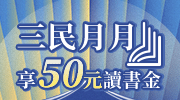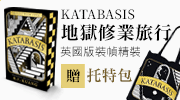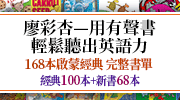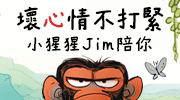Reading Food in Modern Japanese Literature
商品資訊
ISBN13:9780824897819
出版社:Univ of Hawaii Pr
作者:Tomoko Aoyama
出版日:2023/11/30
裝訂:平裝
商品簡介
Literature, like food, is, in Terry Eagleton's words, "endlessly interpretable," and food, like literature, "looks like an object but is actually a relationship." So how much do we, and should we, read into the way food is represented in literature? Reading Food explores this and other questions in an unusual and fascinating tour of twentieth-century Japanese literature. Tomoko Aoyama analyzes a wide range of diverse writings that focus on food, eating, and cooking and considers how factors such as industrialization, urbanization, nationalism, and gender construction have affected people's relationships to food, nature, and culture, and to each other. The examples she offers are taken from novels (shosetsu) and other literary texts and include well known writers (such as Tanizaki Jun'ichiro, Hayashi Fumiko, Okamoto Kanoko, Kaiko Takeshi, and Yoshimoto Banana) as well as those who are less widely known (Murai Gensai, Nagatsuka Takashi, Sumii Sue, and Numa Shozo).
Food is everywhere in Japanese literature, and early chapters illustrate historical changes and variations in the treatment of food and eating. Examples are drawn from Meiji literary diaries, children's stories, peasant and proletarian literature, and women's writing before and after World War II. The author then turns to the theme of cannibalism in serious and popular novels. Key issues include ethical questions about survival, colonization, and cultural identity. The quest for gastronomic gratification is a dominant theme in "gourmet novels." Like cannibalism, the gastronomic journey as a literary theme is deeply implicated with cultural identity. The final chapter deals specifically with contemporary novels by women, some of which celebrate the inclusiveness of eating (and writing), while others grapple with the fear of eating. Such dread or disgust can be seen as a warning against what the complacent "gourmet boom" of the 1980s and 1990s concealed: the dangers of a market economy, environmental destruction, and continuing gender biases. Reading Food in Modern Japanese Literature will tempt any reader with an interest in food, literature, and culture. Moreover, it provides appetizing hints for further savoring, digesting, and incorporating textual food.主題書展
更多書展購物須知
外文書商品之書封,為出版社提供之樣本。實際出貨商品,以出版社所提供之現有版本為主。部份書籍,因出版社供應狀況特殊,匯率將依實際狀況做調整。
無庫存之商品,在您完成訂單程序之後,將以空運的方式為你下單調貨。為了縮短等待的時間,建議您將外文書與其他商品分開下單,以獲得最快的取貨速度,平均調貨時間為1~2個月。
為了保護您的權益,「三民網路書店」提供會員七日商品鑑賞期(收到商品為起始日)。
若要辦理退貨,請在商品鑑賞期內寄回,且商品必須是全新狀態與完整包裝(商品、附件、發票、隨貨贈品等)否則恕不接受退貨。













